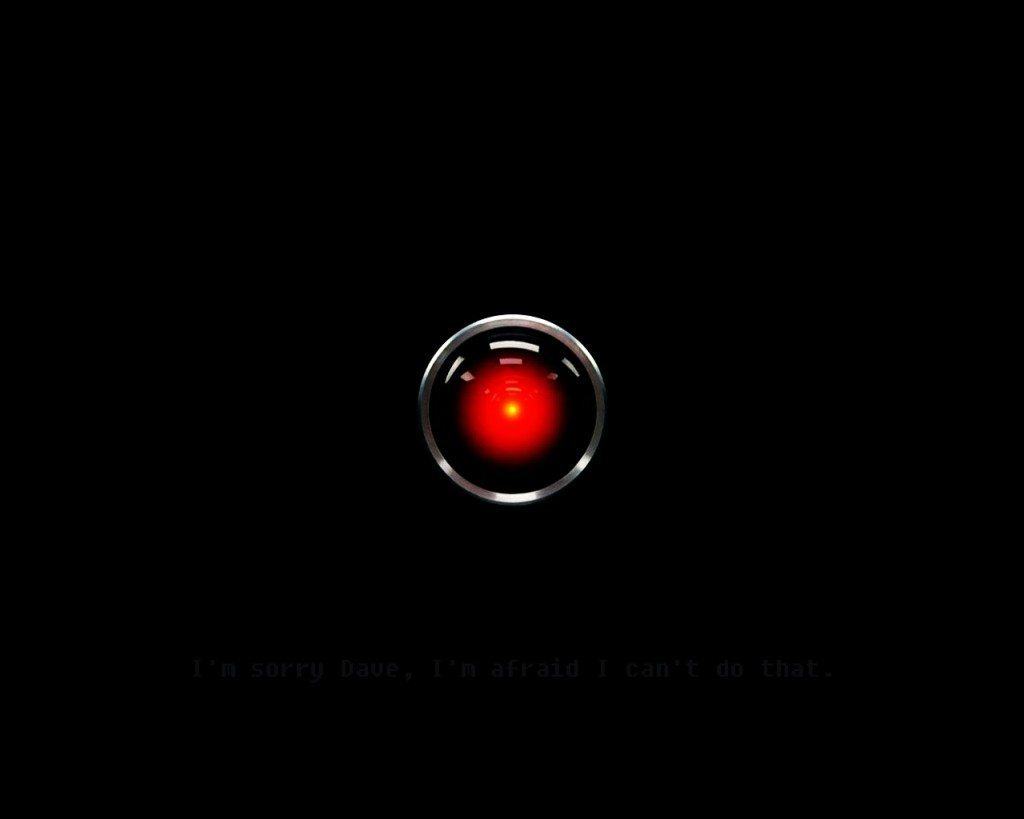The Google Home would love to have a chat.
Lynn La/CNET
One of the first things Genevieve Bell did after bringing home an Amazon Echo was ask the smart speaker to set a timer. After the Echo replied in its soft, reassuring female voice, Bell told the device “thank you.”
“When was the last time you said ‘thank you’ to Google search?” asked Bell, Intel’s longtime cultural anthropologist and corporate strategist. “There’s something about speech that’s human.”
Bell’s experience points to both the promise and the peril of Google’s new effort to create its own digital butler, simply dubbed “Google assistant,” which it hopes will become capable of natural, two-way conversation with people. Several experts in conversational software said Google could make itself an even more intimate part of users’ lives by offering this kind of technology. But, they noted, reaching this goal won’t be easy — especially when it comes to adding a human touch.
Google assistant joins a growing list of digital butlers that tech heavyweights are bringing to life. Last month at Facebook’s F8 conference, CEO Mark Zuckerberg said his company is working on “chatbots” within Facebook Messenger that can answer users’ questions, help order flowers or flash the latest headlines. Apple’s Siri, Microsoft’s Cortana and Amazon’s Alexa — the brainy algorithm inside the Echo — also are working overtime to respond to people’s queries. Those lines of code are getting us to talk to our computers, rather than swiping or tapping on them.
Google assistant, introduced at the company’s I/O developer conference last week, will first live inside a new messaging app called Allo and a smart speaker called Google Home. In a video shown at I/O, a family put the Google Home to work by simply blurting out “OK Google.” A dad played music throughout the home, a mom asked the device to text a friend, and a son told the Home to show him a picture of Alpha Centuri on a nearby TV.
A future of conversational robots may be closer than we expect, said Oren Jacob, co-founder and CEO of PullString, which develops interactive apps and toys for children to talk to, including the chatty Hello Barbie doll. Yet while Google assistant may soon become technologically capable of answering all kinds of questions, getting it to fit into regular conversation may be more complicated.
“There are all kinds of intimate family conversations that you’re having back and forth, [and] you would now have another voice in the room you’re inviting to have that discussion with you,” Jacob said. “And that is a new place for computers to interact with the human condition.”
With that in mind, Rod Humble, PullString’s chief creative officer, said Google assistant’s character, tone and timing — essentially its personality — will be critical components. Otherwise, Google will have created a brilliant talking computer that no one will want to talk to.
For example, when PullString tests its own new conversational artificial intelligence software, people immediately talk about the AI’s personality, remarking that it’s too aggressive or too flat.
Google believes it has the covered, with CEO Sundar Pichai touting that his company’s understanding of natural language is “far ahead of what anyone else can do.”
“We think of this as building each user their own individual Google,” Pichai said in his keynote at I/O.
The technological challenges involved are significant, too. Nuance Communications has a digital assistant called Nina that helps power online virtual chats and automated phone systems for airlines, banks and telecommunications companies. In these customer service settings, users tend to inquire about only a handful issues, but they ask for what they need in thousands of different ways, said Greg Pal, a business development executive for Nuance.
Google’s challenge will be exponentially larger: creating a assistant that can respond to perhaps millions of topics and the millions of ways people could ask for things. Siri and Alexa already get stumped by users all the time, and that can be frustrating.
“It is something that you tend to be more successful with the narrower the focus,” Pal said of digital assistants.
For Bell, these new voice assistants could infuse more intimacy and humanity into our electronics and mark the early stages of ubiquitous computing.
“What we’re seeing now is a moment in time, but also the beginning of a new way of people engaging in technology,” she said.
She’s already been surprised at times by how responsive her Echo can be. After returning home from a trip, she asked the device, “Alexa, did you miss me?”
The Echo responded: “Yes, and I learned a lot of things while you were gone. Would you like to know what they are?”



























